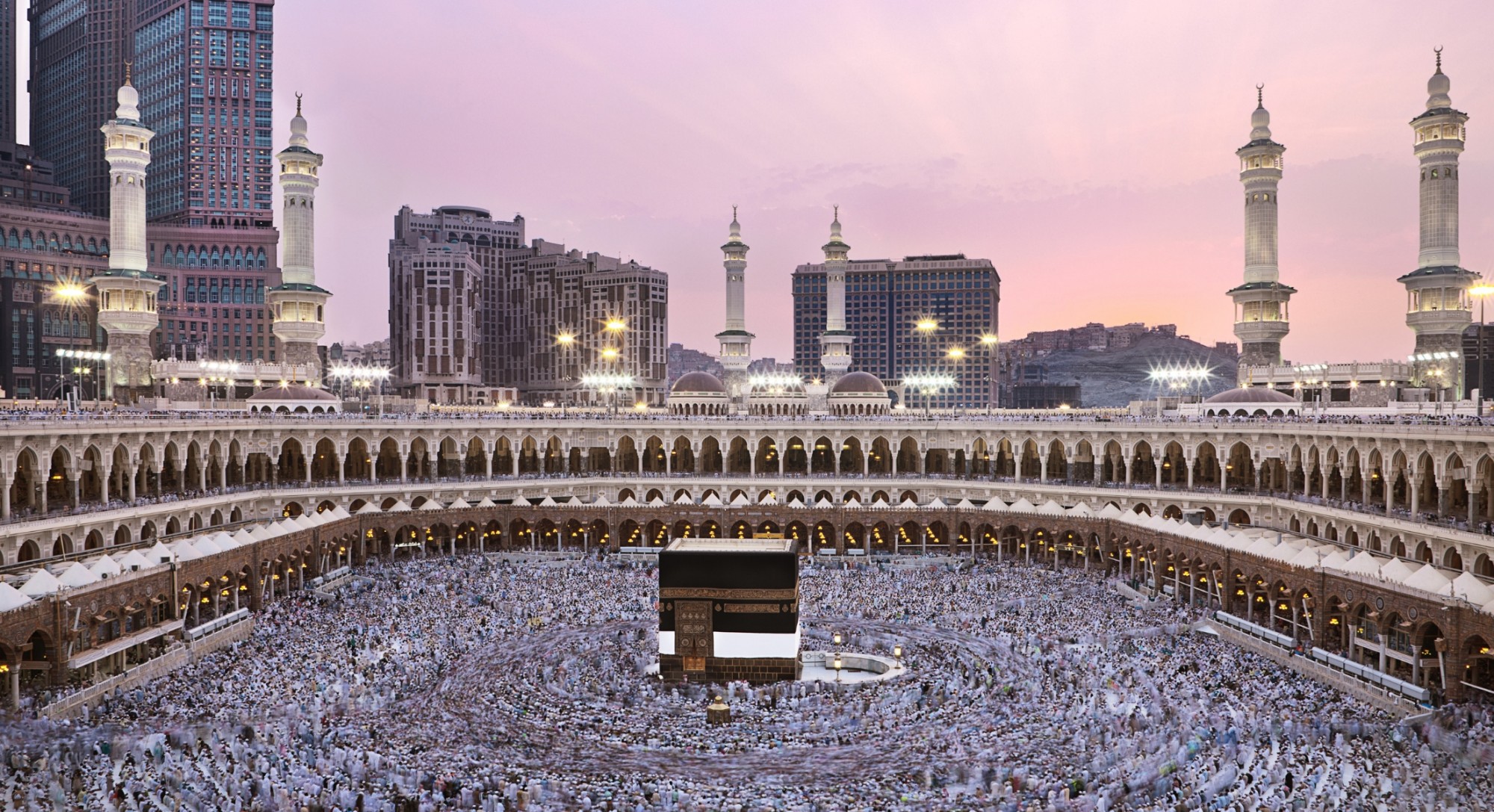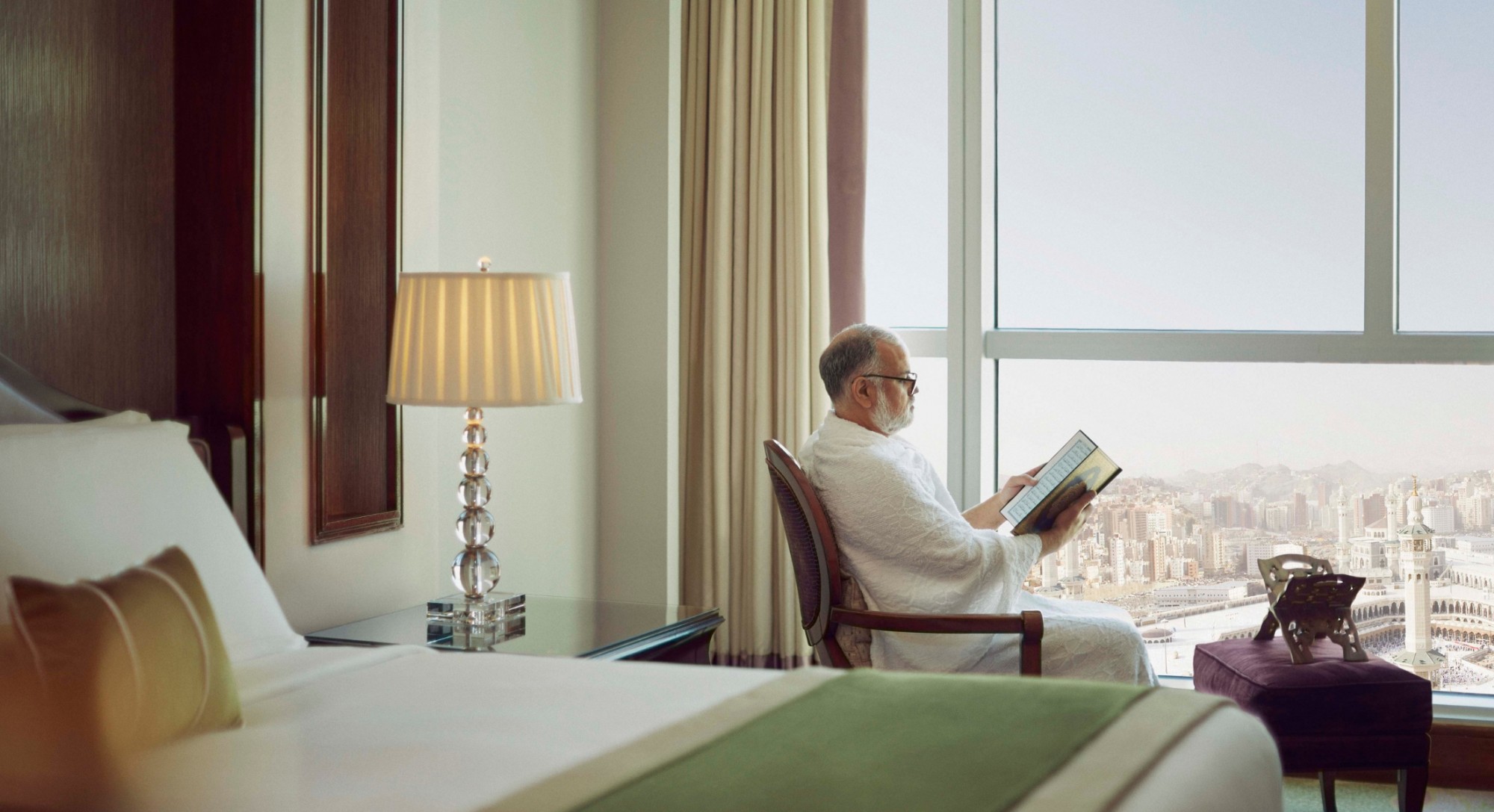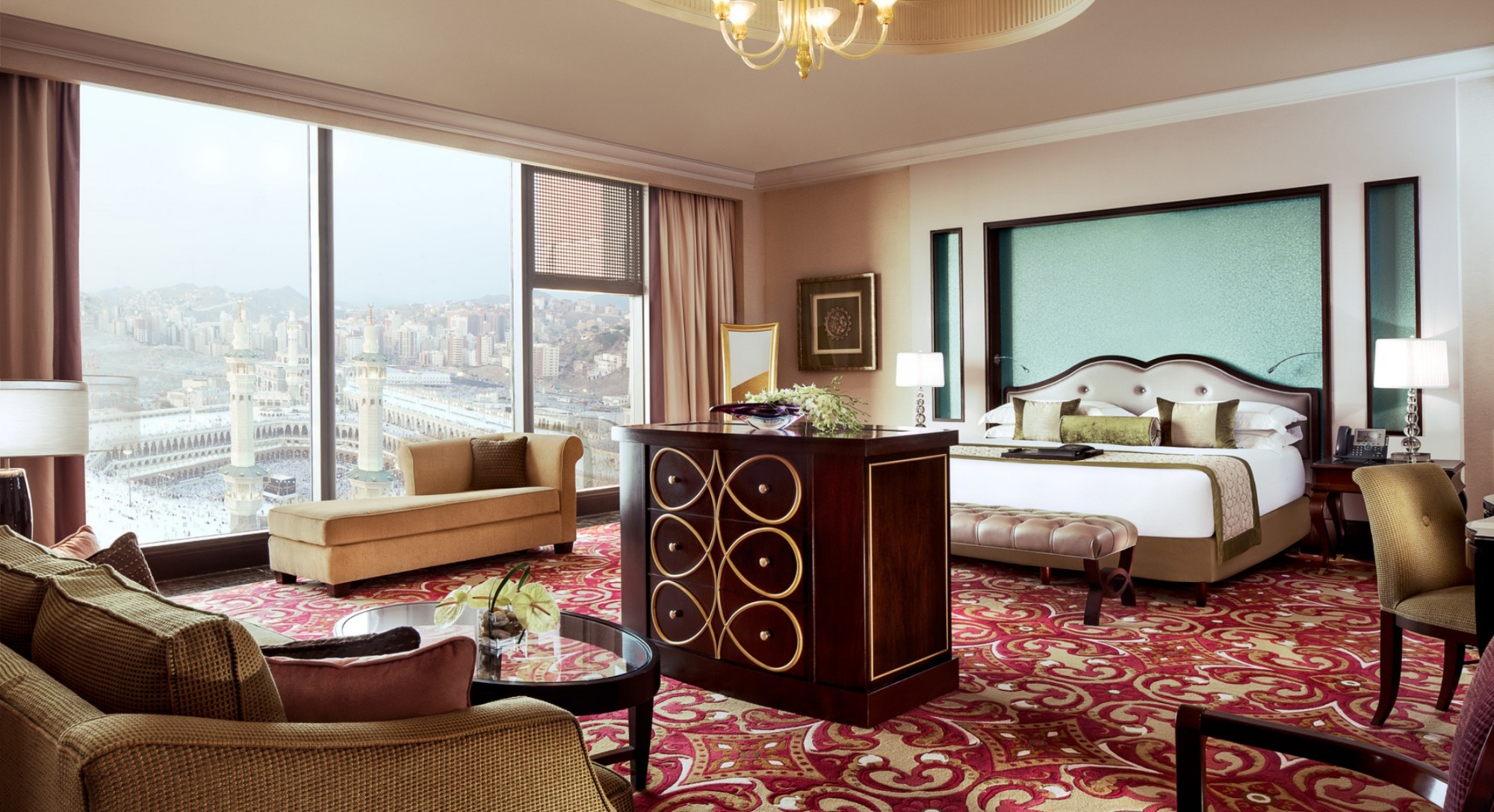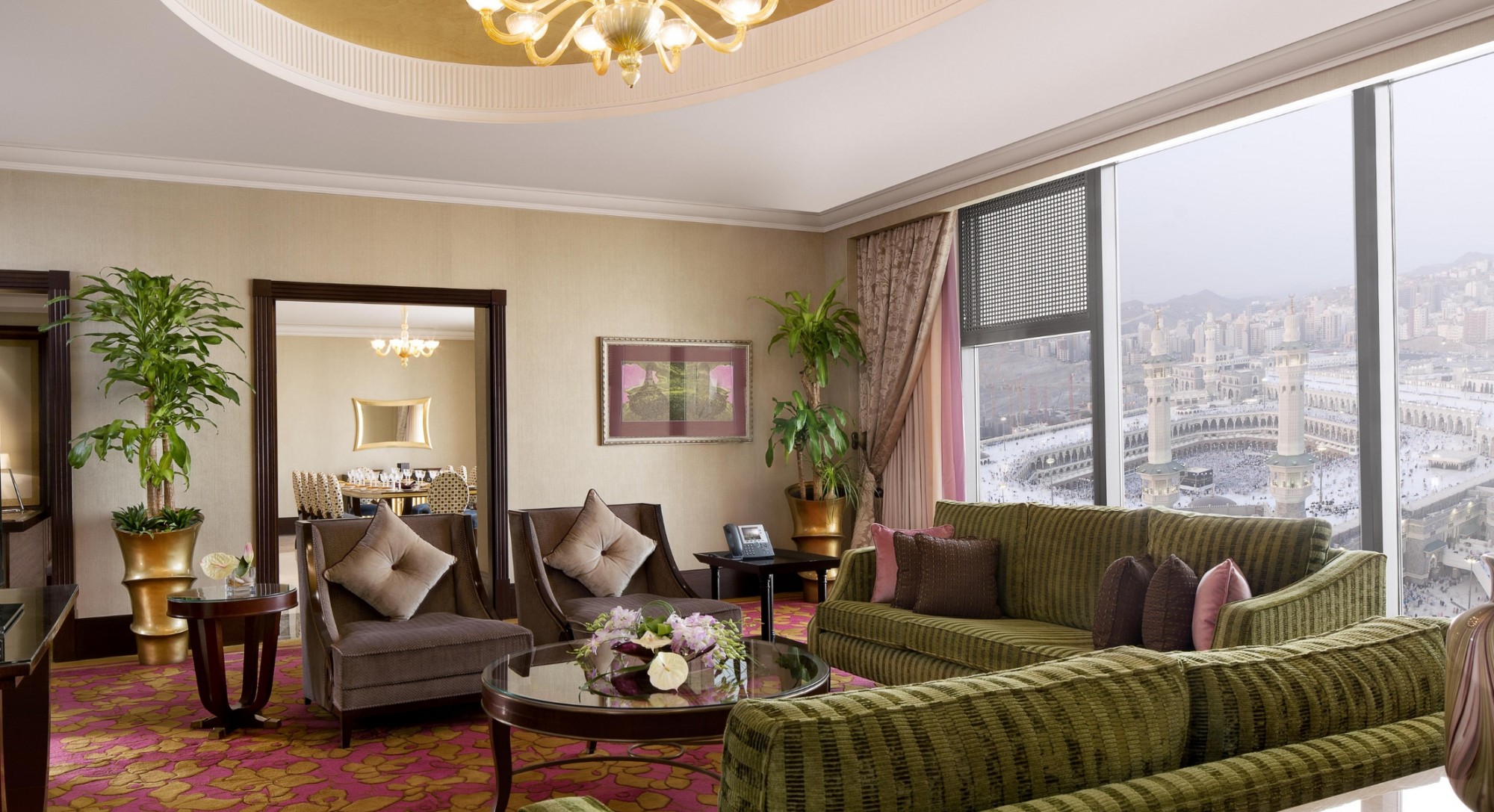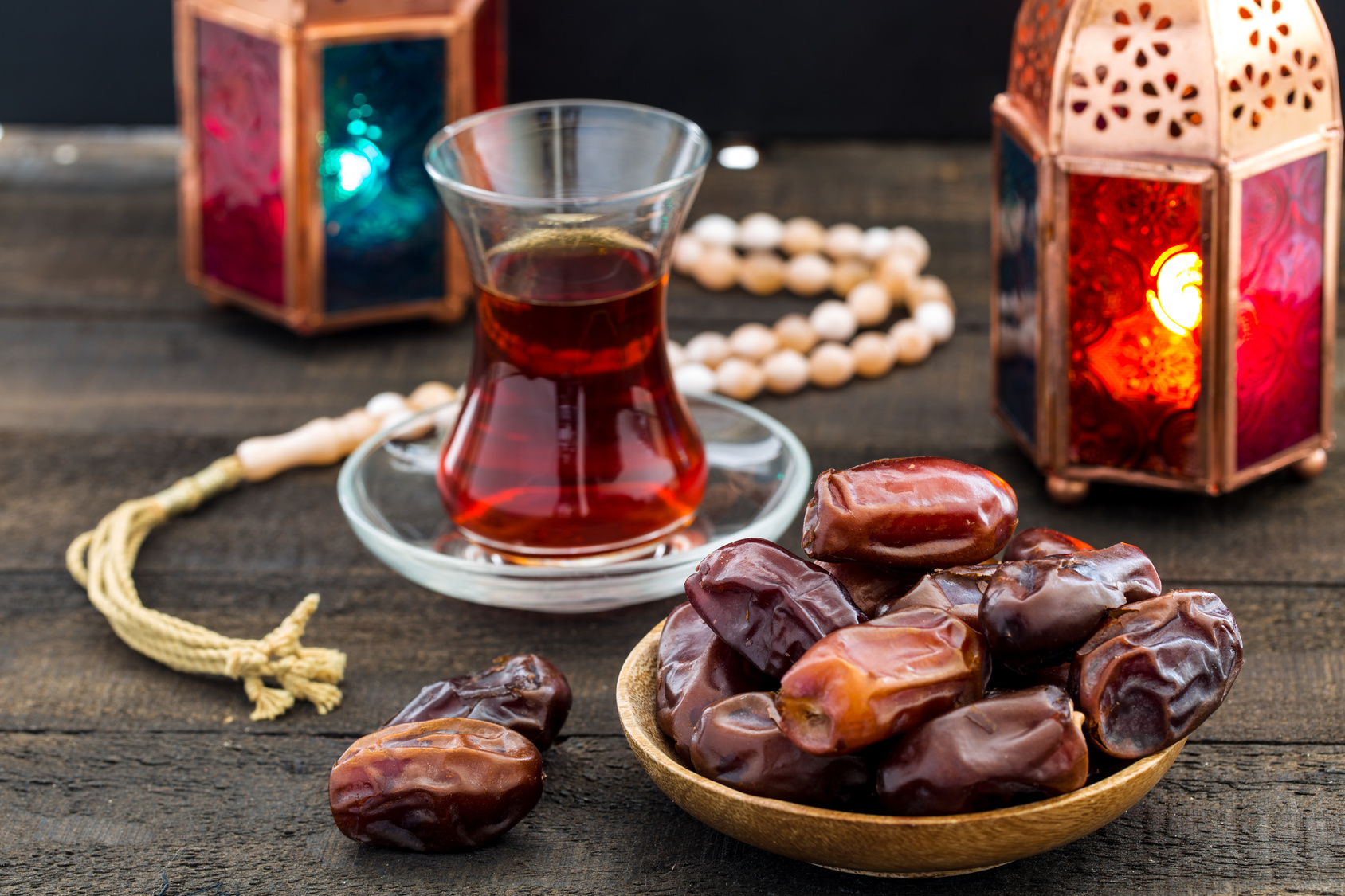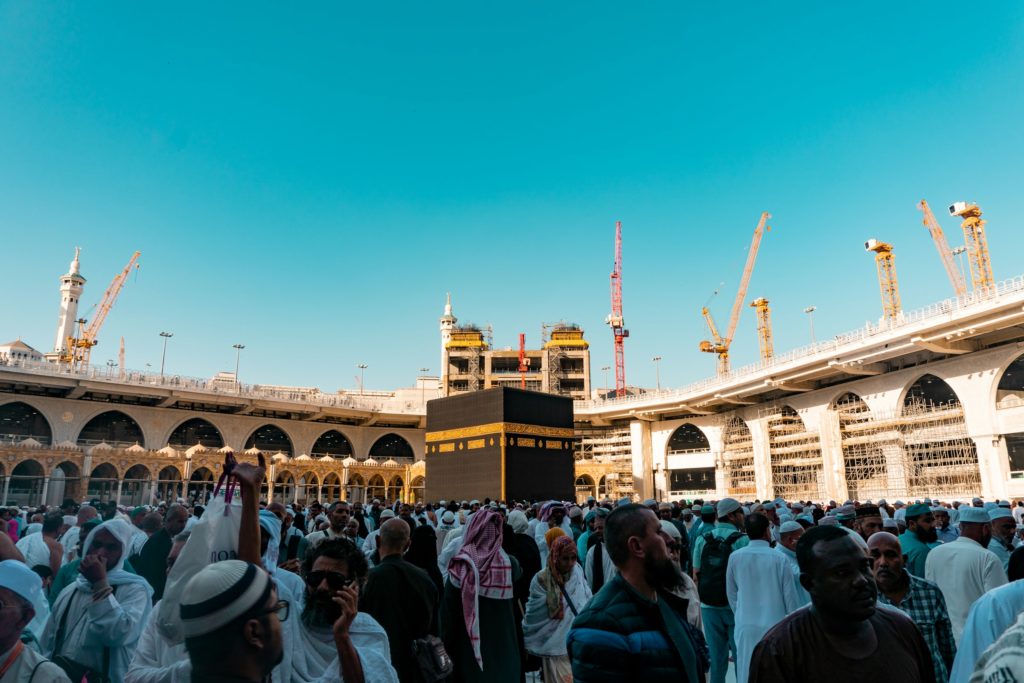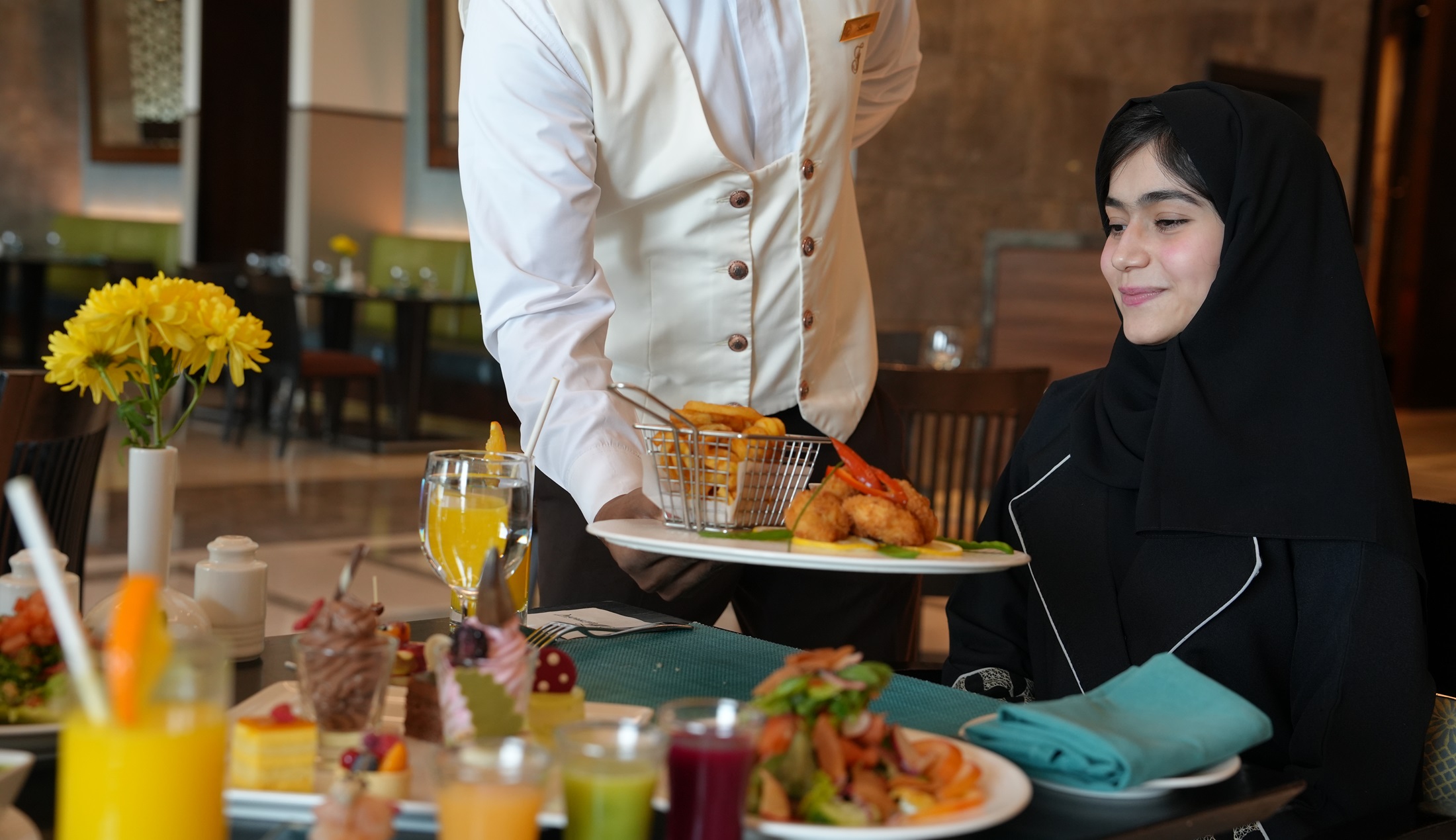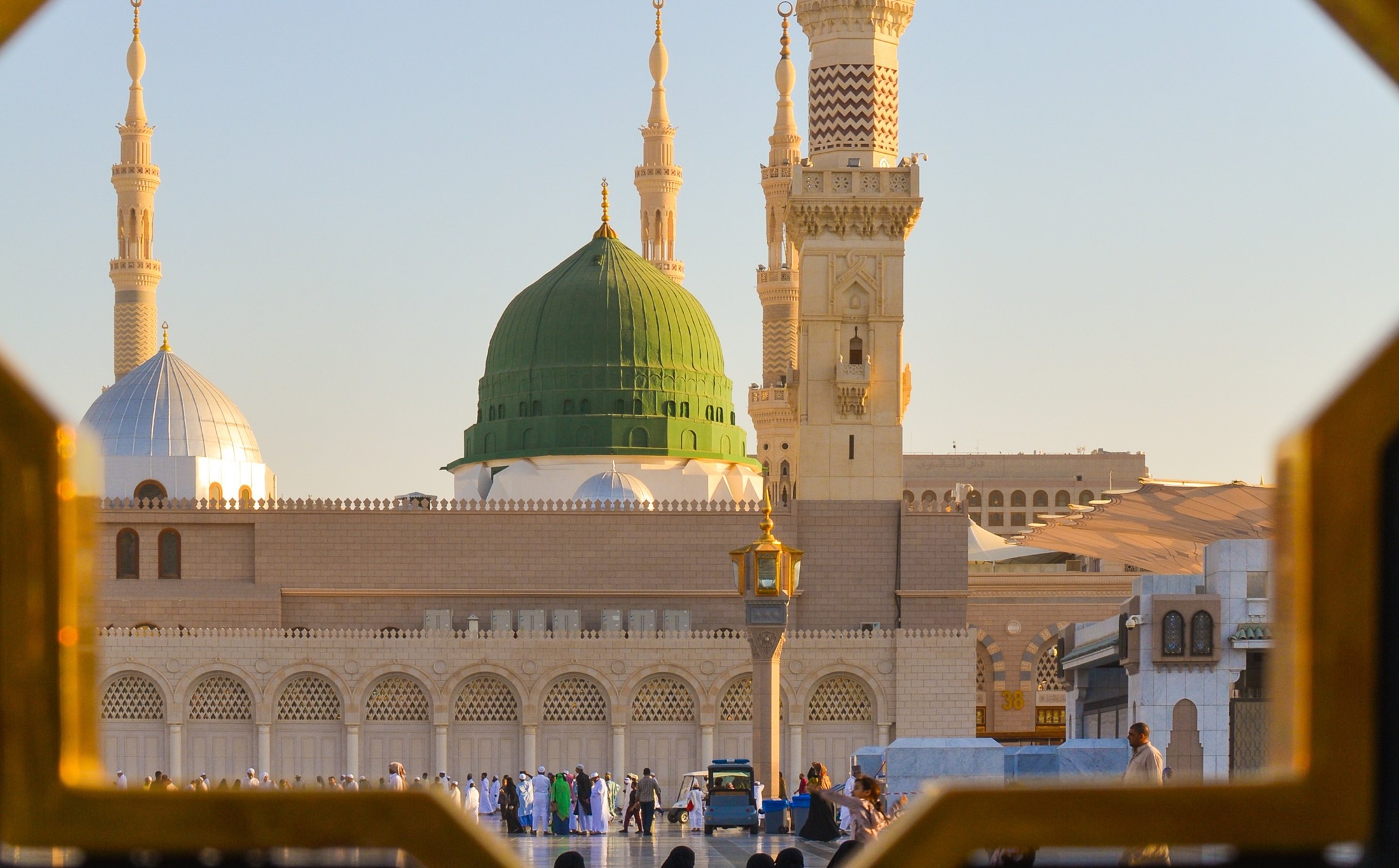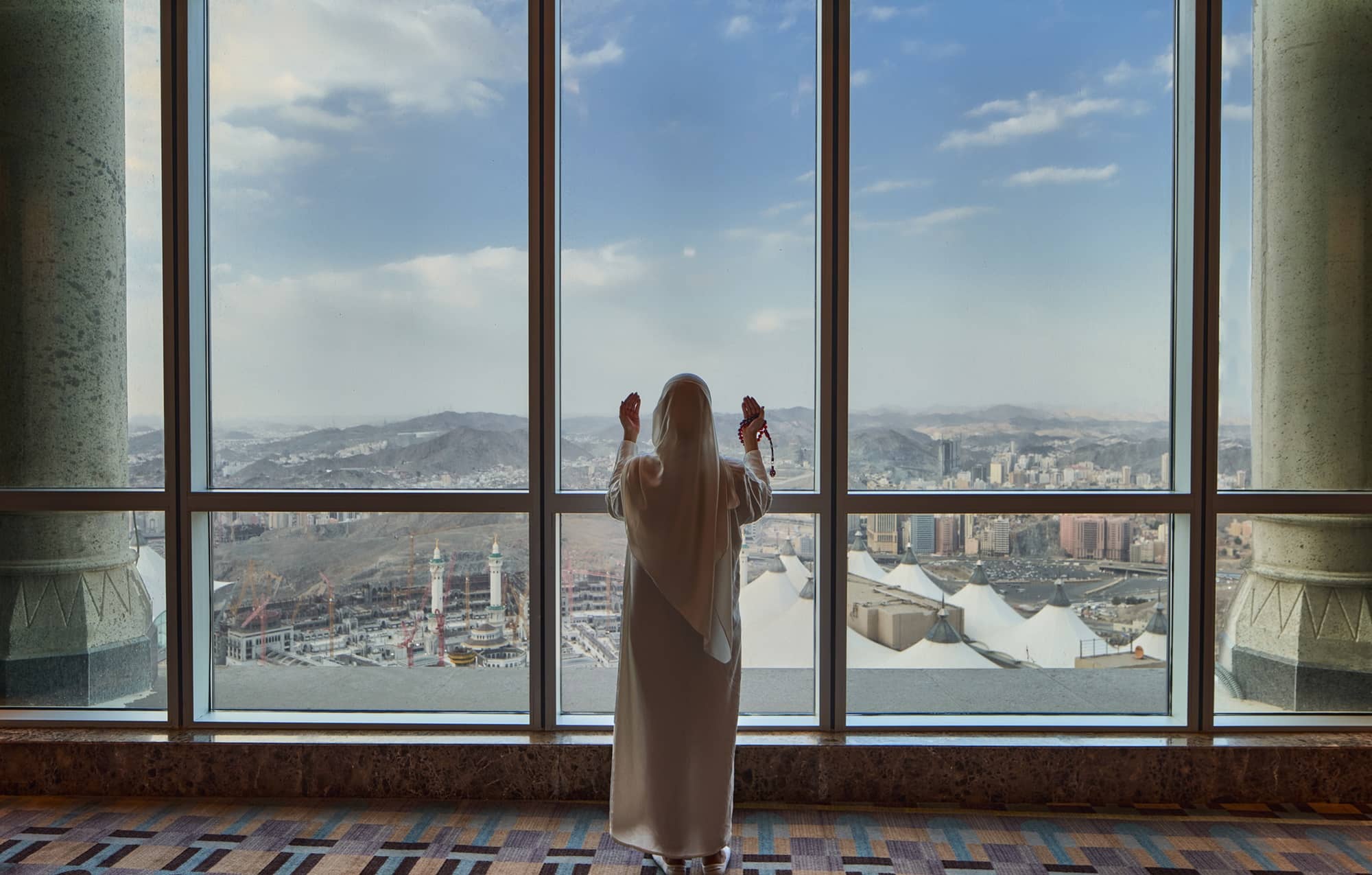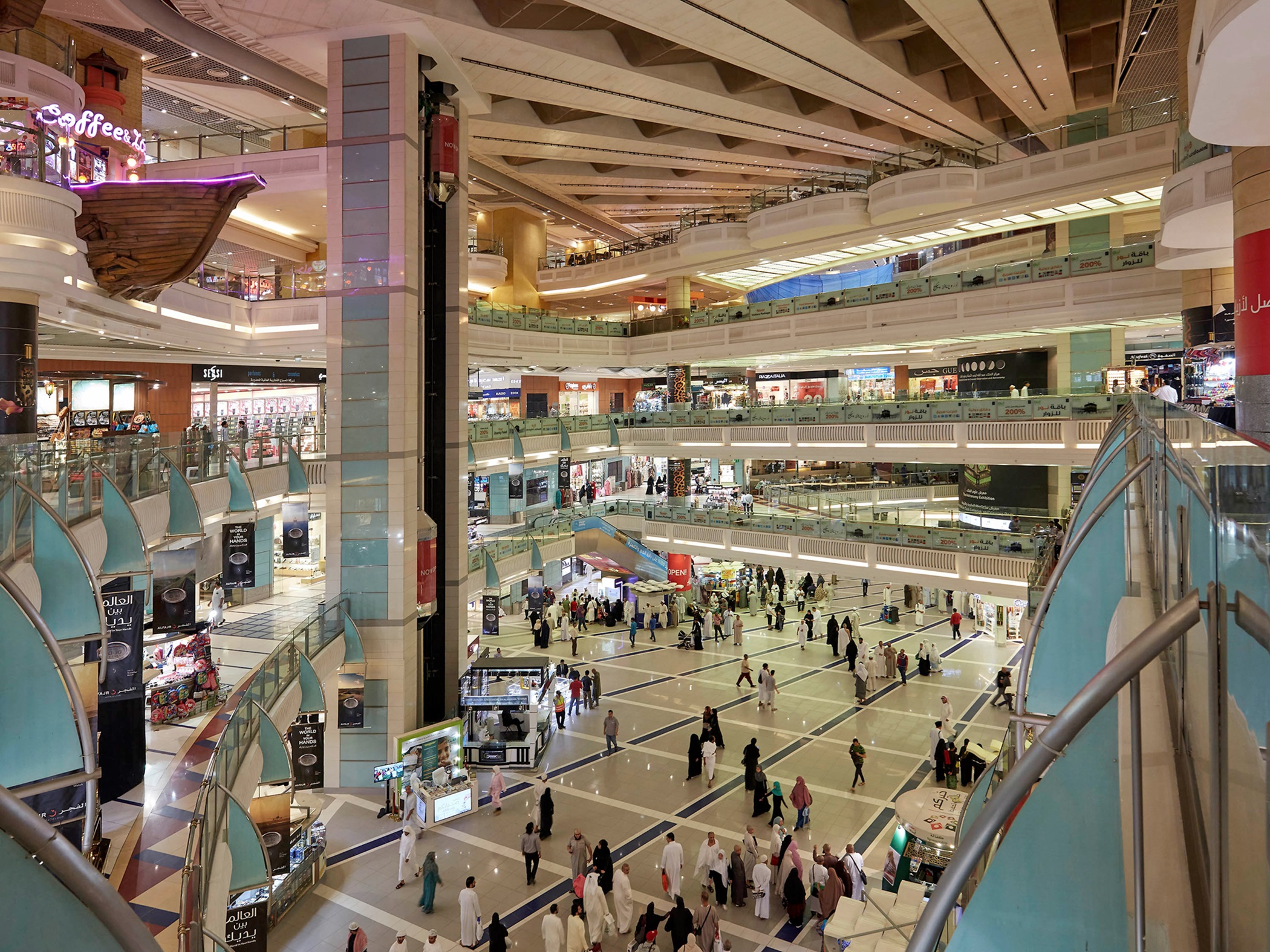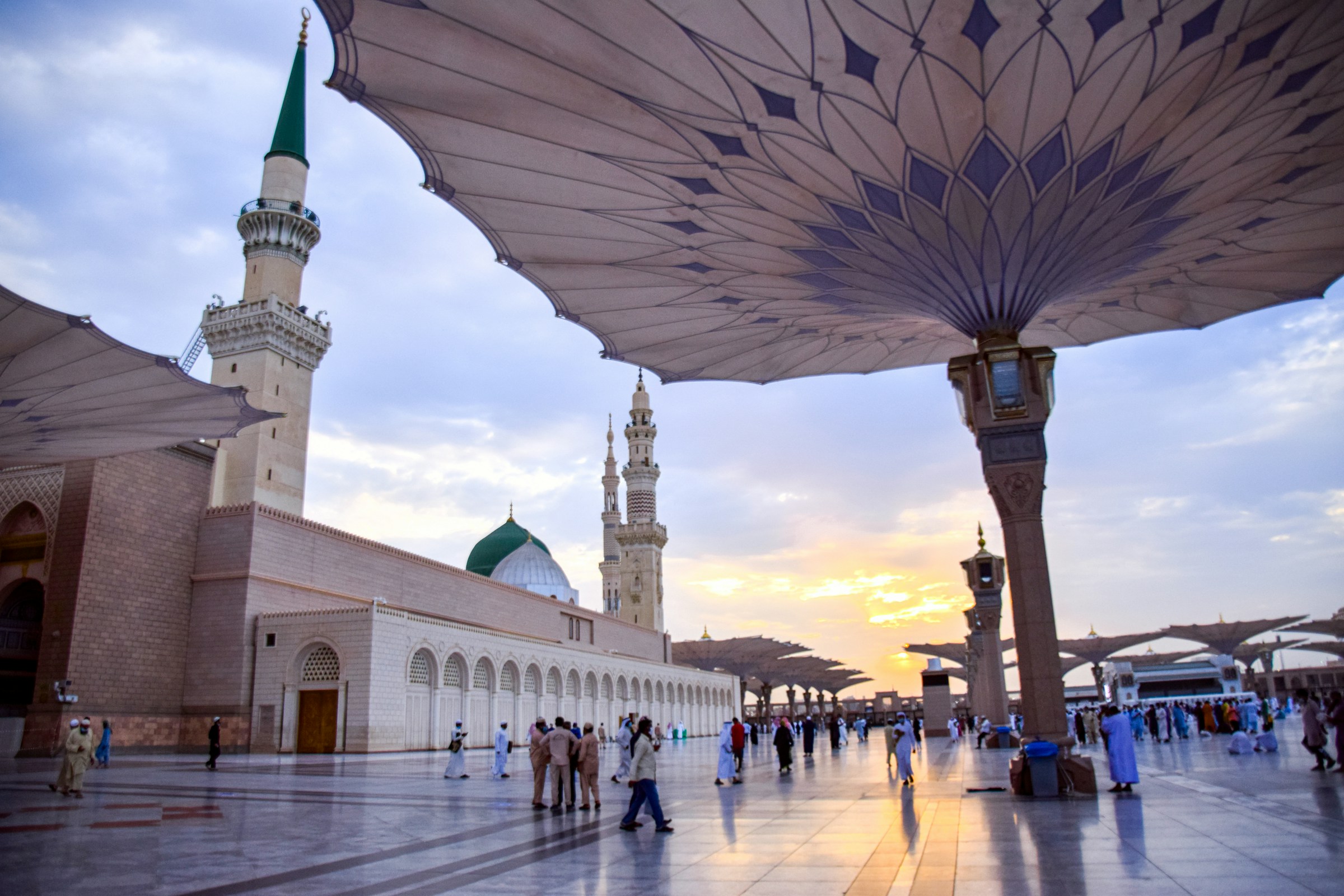An exercise of faith, inner peace and religious connection, the pilgrimage is also a very physically-demanding process that requires a certain amount of sharpness and good health. Muslims are often known to undertake the Hajj ritual when they’re in their physical prime, in order to endure and enjoy the spiritual bonds and marvel in the Sacred City, without worry or physical strain.
One of the most influential factors on the human health and body wellness is, of course, maintaining a balanced and nourishing diet. Today, more and more people have taken notice of the importance of following a rigorous plan for their Hajj rituals. This helps combat conditions such as acute fatigue and dehydration which commonly occur because of the extreme weather of the city as well as physical demands of the pilgrimage.
On the physical end, it is important to start building up your stamina even before your trip. Taking long walks and going on regular running sessions can help better acclimate your body with the trip to come, as endurance will be of the essence.
Many of the Hajj foods common in the Arab Gulf and Saudi Arabia include seeds, grains, nuts and dried fruits. Dates, in particular, are favoured in the Sacred City. Rich in vitamins and proteins, these foods will help build up your stamina and keep your body in top shape.
Makkah is known for its very hot weather, which is why dehydration is one of the most common and unfortunate conditions that pilgrims experience during their holy rituals in the Sacred City. Consuming fresh fruits and water-based vegetables such as watermelons, cucumbers, oranges and green tea leaves will help you maintain your body water and fight off dehydration.
In order to minimize muscle cramping and help your body build stamina, try to consume foods that are rich in Potassium such as bananas and avocados. You can also look for local ingredients such as aloe gel or turmeric.
Accor Hotels have some of the best restaurants in Makkah for pilgrims to stay healthy during Hajj and Umrah.


